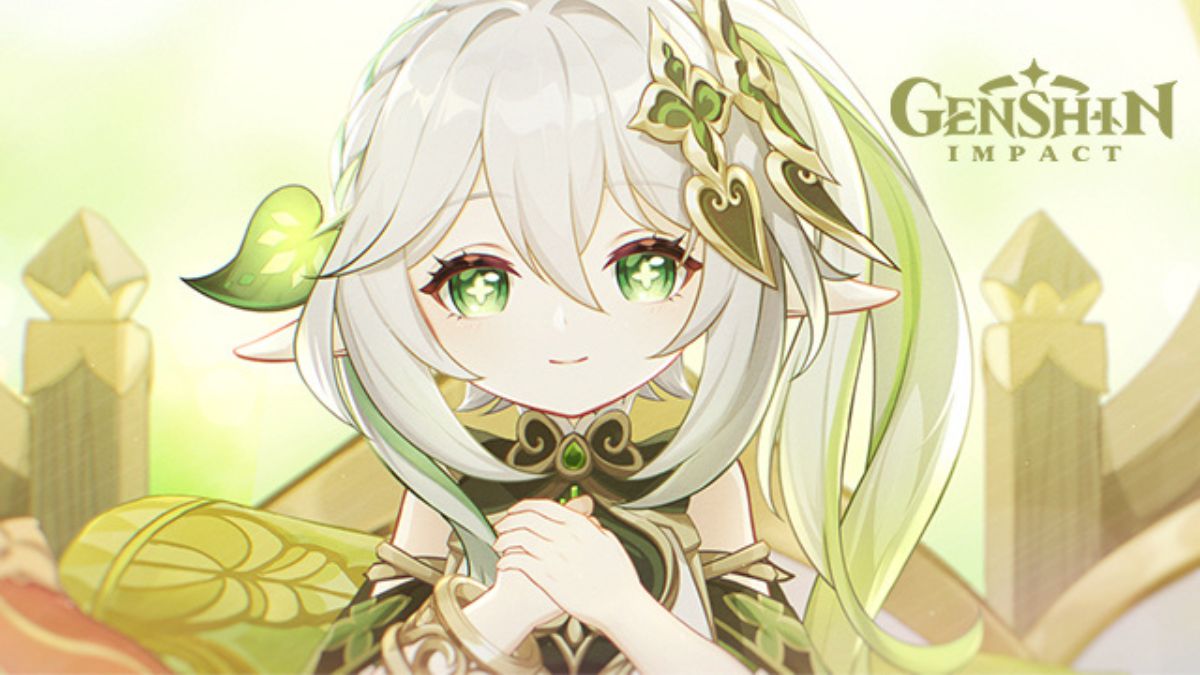Genshin Impact has blown up into one of the biggest game releases of the last few years, spawning a huge and dedicated fanbase as well as in depth lore and content creation. But what does Genshin mean?
Genshin translates to original god or primordial god although it is a word created for the game itself. It employs Chinese characters but instead the Japanese pronunciation of the word is used for the non-Chinese market.
Let’s look at what the word means, where it comes from, and why it is different across the various markets that the game has been released in as well as examine the history of the word genshin.
What Does “Genshin” Mean in Genshin Impact?
Genshin is comprised of two Chinese characters, 原神. The first means origin or original, and 神 means god. Combined together, these characters can mean original god or primordial god, which is a reference to allogenes in Gnosticism.
This concept of primordial is common throughout the game, seen for example via the Primordial One. This was a god from another realm that came to Teyvat and defeated the seven sovereign dragon-lords.
After vanquising these enemies, the Primordial One then created the heavens and earth for others to enjoy. Ingame lore seems to point to Phanes being the Primordial One, at least according to the scribe of Istaroth.
This phrase is also seen in the Primogems, the premium currency in Genshin Impact that is used to take advantage of the gacha mechanic that forms the basis for getting the best characters and weapons.
Why Is Genshin Impact Called “Genshin Impact”?
Inside the game, the word allogenes comes up repeatedly when referencing Genshin. It is possible that the game was to be called Allogene Impact but the influence of Chinese culture meant that the name genshin was picked instead.
Allogenes are the characters in Genshin that refer to the humans in the franchise that can see Visions and are thus able to become gods by ascending to Celestia, although this is not guaranteed.
Visions grant the user elemental abilities via the element that is listed on the item carried by the character, be that Dendro, Pyro, Cryo, Electro, Anemo, Hydro or Geo.
Allogenes are also known as the Stranger, these beings are demigods capable of extra sensory abilities such as contacting other realms.
When an allogene dies, the power of their Vision is also lost, with the item becoming a normal gem. It is possible for a new allogene to reactivate a Vision.
These allogenes are so powerful and can become gods, so their impact on the world at large is massive, particularly as these powerful characters face off in battles which can be destructive, hence Genshin Impact.
The game is called Genshin Impact in English, but is just called genshin in Japanese, and yuánshén in Chinese, although both Chinese and Japanese use the same two characters of 原神.
Is the Word “Genshin” Japanese or Chinese?
The word Genshin when written in Chinese characters does not exist as a word in either Chinese or Japanese officially, although both characters are legitimate. Asian languages using these hanzi symbols can create new words by joining them together.
Genshin Impact is a game released by a Chinese company miHoYo that is based in Shanghai, China. They have released several titles including Genshin Impact, Honkai Impact 3rd and Zenless Zone Zero.
Given that the company is from Shanghai, we will assume that we are dealing with Mandarin Chinese.
So both Chinese and Japanese speakers including other people familiar with these characters can recognize what this word means even if they’ve never heard of it before.
However, the pronunciation of genshin is likely taken from the Japanese reading of the characters, as the first character can be romanized into being read as gen and the second as shin, whereas in Chinese it is more likely to be read as yuán and shén.
For the Japanese and Chinese versions, the game is referred to as genshin via the characters 原神 but pronounced differently according to the language rules of the respective languages, with the Chinese also taking on tones or different language pitch to inflect words.
The word itself has no meaning to Chinese or Japanese people when spoken, although due to the tones of Chinese, a Chinese speaker has a good idea of what characters are used when they hear the word spoken and thus can guess the meaning.
For a Japanese person, the word means nothing when spoken as there are so many choices for kanji characters in Japanese that can be represented with the sound gen and shin. When they see the word written down, they can understand it has something to do with gods.
In the end, just like in English, genshin is thought of as a proper noun and so it is not overly important for most people to actually know its meaning.


